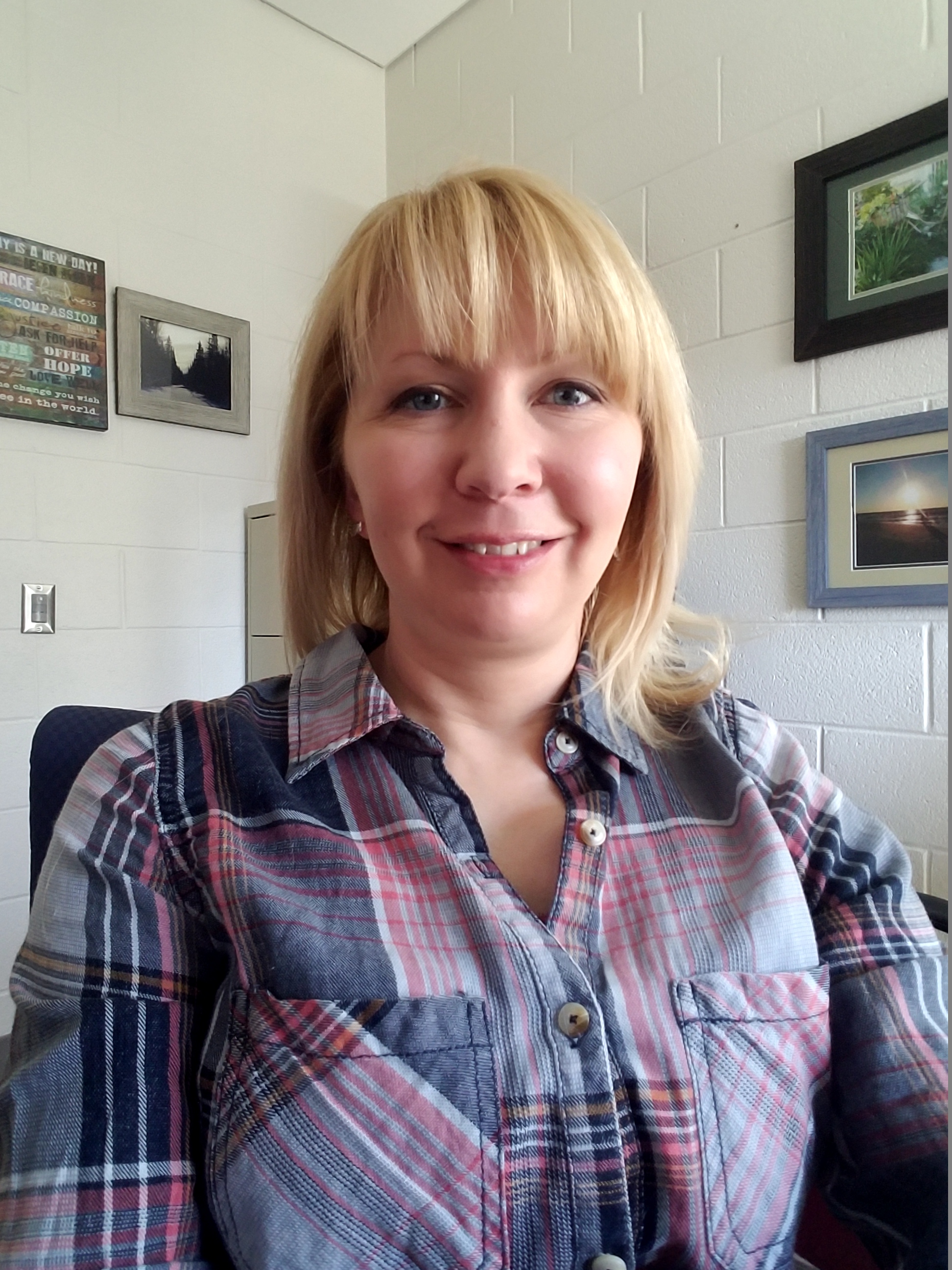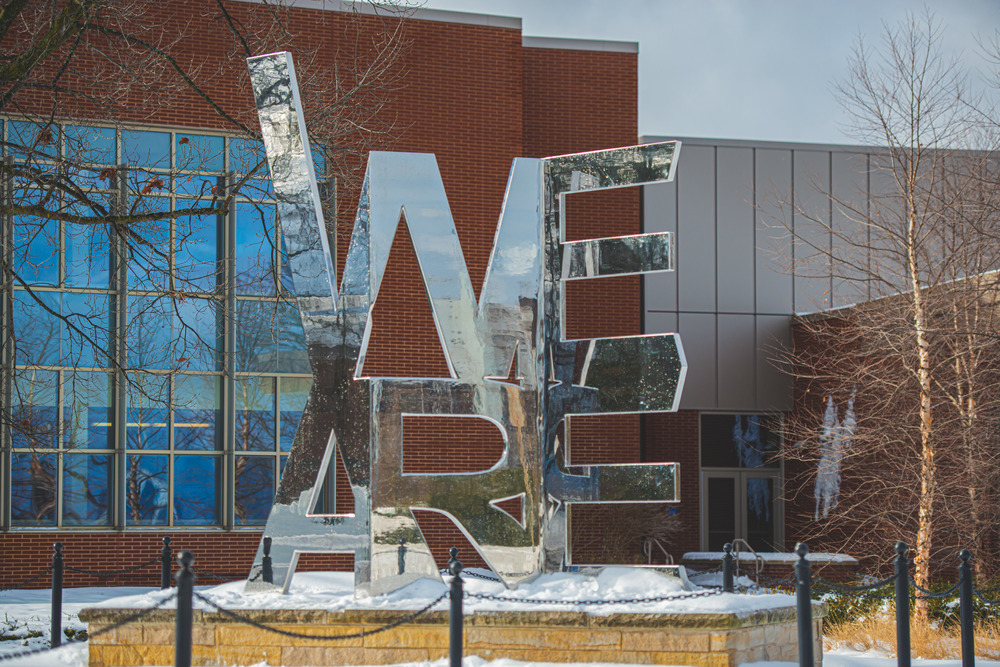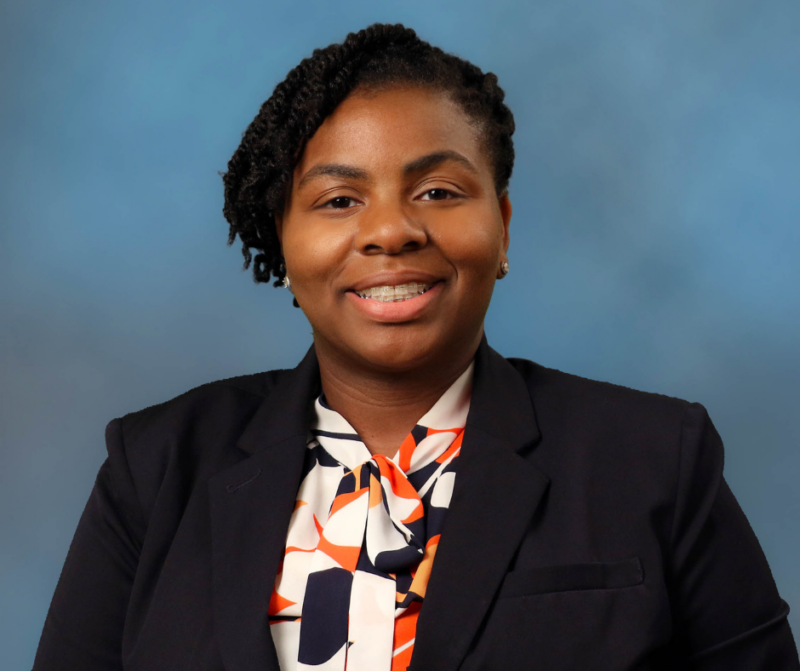
We recently spoke to Melissa Luse, coordinator for the Rehabilitation and Human Services Minor through Penn State World Campus, about her field and her experience teaching courses at Penn State.
Please give our readers a sense of your background and teaching interests.
I was born and raised in Michigan and have a bachelor’s degree in both history and psychology from Michigan Technological University. I completed my master’s degree in rehabilitation counseling at Springfield College and then my Ph.D. in rehabilitation counselor education at Michigan State. I started at Penn State in 2016 and am the coordinator for the Rehabilitation and Human Services (RHS) Minor through Penn State World Campus. I love designing courses, working with undergraduate students, and teaching courses in psychology and RHS.
As a faculty member who teaches courses in rehabilitation and human services, can you explain what details this minor might encompass?
The RHS Minor bolsters a student’s understanding of health, chronic illness, and disability. Our students can acquire the necessary knowledge and skills to work effectively with people who are living with various health conditions.
What course(s) do you teach for Penn State World Campus?
I love teaching Culture of Disability and Introduction to Counseling as a Profession. I am the author and instructor for these two courses, and I also teach RHS 403.
Where do you think the rehabilitation and human services field is headed?
The field of rehabilitation and human services is highly diverse regarding the populations we may work with, the diverse work settings, and the type of work we do. While the field itself grew out of vocational rehabilitation and working with veterans returning from World War I, the field has really blossomed to assist people living with disability from a well-rounded, holistic point of view. That is what drew me to the field.
We work with people who have a wide arrange of health needs and service requirements, from all ages and cultural backgrounds. Some major populations that the field is focusing on include working with the elderly, youth in transition, people living with mental illness and substance use disorders, people who have been incarcerated, and people living with acquired disabilities due to workplace, vehicle or sports incidences, and veterans.
Can you talk about the job opportunities that might be available for students who seek out the RHS Minor?
There are many employment opportunities for students. Professionals can work with people who have physical, sensory, psychological, or developmental disabilities to help them live independently, attain gainful employment, complete educational goals, and develop healthy, effective skills to live a satisfactory quality of life. According to the Bureau of Labor Statistics (2016), the job outlook growth is expected to rise faster than average over the next 10 years. Much of this growth is expected due to the increase in life expectancy and continued rehabilitation needs of veterans.
Employment opportunities for students include:
- programs for children and youth
- private rehabilitation centers
- mental health agencies
- rehabilitation hospitals
- alcohol and other drug treatment centers
- court and correctional facilities
- public welfare agencies
- social service agencies
- schools and college settings
- vocational rehabilitation programs
- programs for older adults
What unique characteristics do Penn State World Campus students bring to your courses?
What I love is the experience that Penn State World Campus students bring to their courses. Students have families and full-time jobs. Many students have family members who live with disabilities, and I’ve had many students say they are the primary support or care provider for a loved one. Additionally, many students themselves live with chronic health conditions. All of these experiences create a wonderful dynamic that strengthens the course activities and the class itself. They have so many thoughts, beliefs, and experiences to offer and help others to learn, as well as help me to learn.
What makes you a proud Penn Stater?
Other than the amazing students, I love the faculty and staff I work with. Everyone is so supportive and willing to help in any way. Whenever I have a question or have an idea about how to improve a class, there is always someone available and willing to assist me.
What do you like to do in your free time?
In my free time, I really enjoy the outdoors, and travel, whether it be a day trip, a weekend getaway, or a longer vacation. This is something that attracted me to State College. It is awesome to be able to take my dog and get out and explore this area’s many great parks, trails, state parks, and mountains. I also love the central location of State College. It is so easy to get in the car, take the day or weekend, and go to Pittsburgh, Philadelphia, or even to Washington, DC.




